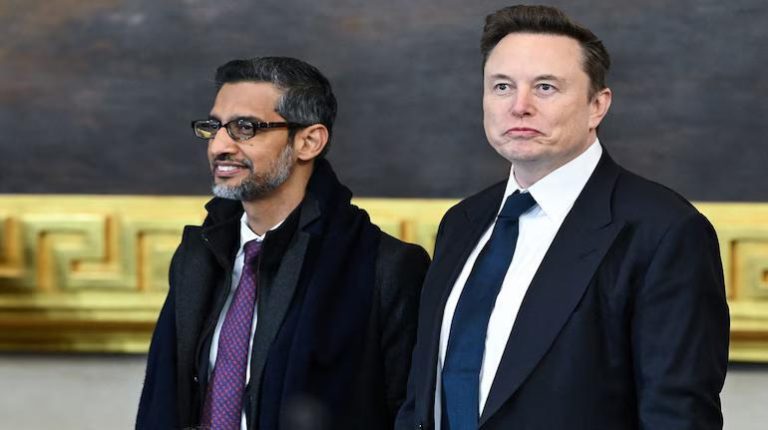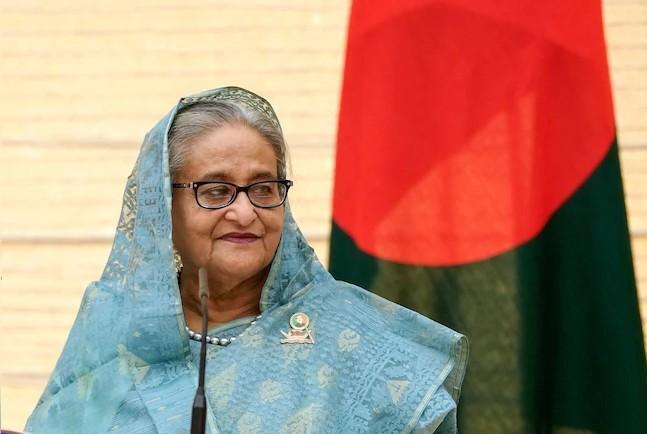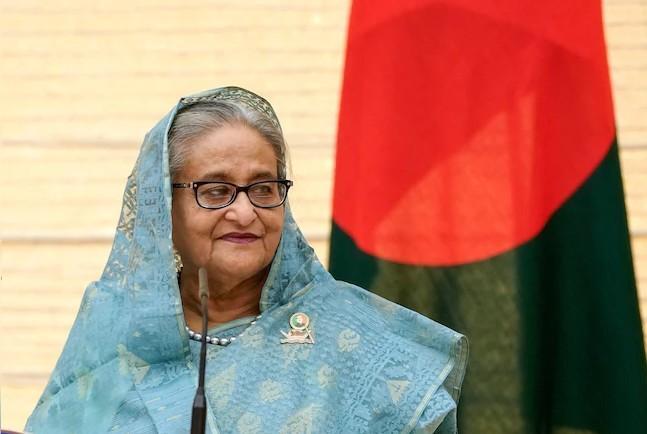
Title: Hotmail Co-founder says “Truth=Anti-India”, Goenka replies “Living in US & lecturing us?”
In a recent social media post, Hotmail co-founder Sabeer Bhatia sparked a heated debate by claiming that those who speak the truth in India are often labeled as “anti-national”. Bhatia’s statement has drawn strong reactions from many, including billionaire Harsh Goenka, who has taken to Twitter to respond to the Hotmail co-founder.
Bhatia’s original statement reads, “In India, if you speak the truth, you are termed ‘anti-national’. Then who’s a national? The one who lies to you?” His tweet has garnered a significant amount of attention, with many individuals and organizations sharing their thoughts on the matter.
However, not everyone was convinced by Bhatia’s statement. Harsh Goenka, the chairman of RPG Enterprises, was one of the first to respond to the Hotmail co-founder’s tweet. Goenka took issue with Bhatia’s assertion that those who speak the truth are branded as “anti-national”, and instead questioned the motivations behind the Hotmail co-founder’s comments.
Goenka’s response reads, “Living in California and lecturing a billion Indians back home?…India doesn’t need sermons from those who packed up and left.” The billionaire businessman’s tweet has since been widely shared, with many individuals praising Goenka for his bold response.
So, what triggered this exchange between Bhatia and Goenka? The answer lies in the context of India’s current political climate. India has been facing a series of challenges, including rising nationalism, protests, and debates over issues such as the Citizenship Amendment Act (CAA) and the National Register of Citizens (NRC).
In recent times, there have been instances where individuals who have spoken out against the government or its policies have been labeled as “anti-national” or “anti-Hindu”. This has led to a chilling effect, with many individuals choosing to remain silent rather than risk being branded as “anti-national”.
Bhatia’s statement can be seen as a reflection of this fear and the perception that speaking the truth is a risky endeavor in India. However, Goenka’s response suggests that this fear is misplaced, and that those who have left India should not be in a position to lecture its citizens.
Goenka’s statement is not without merit. After all, Bhatia has lived in the United States for many years and has been involved in various business ventures. While he has spoken out on several issues, including the CAA and the NRC, his comments are often seen as distant and detached from the reality of life in India.
In contrast, Goenka has been actively involved in Indian business and politics for many years. As the chairman of RPG Enterprises, he has played a significant role in shaping India’s business landscape. His comments, therefore, carry more weight and are seen as more authentic by many Indians.
The exchange between Bhatia and Goenka raises several important questions. What is the definition of “anti-national”, and who gets to decide what constitutes truth in India? Is it fair to label individuals as “anti-national” simply because they disagree with the government’s policies?
Furthermore, what responsibility do individuals who have left India have towards the country and its citizens? Should they be allowed to lecture and comment on issues affecting India, or should they focus on their own lives and experiences?
In conclusion, the exchange between Bhatia and Goenka highlights the complexities and challenges facing India today. While Bhatia’s statement may have sparked an important debate, Goenka’s response has raised important questions about the role of individuals who have left India and their ability to comment on issues affecting the country.
Ultimately, the truth about India is complex and multifaceted. It is up to each individual to decide what constitutes truth and what actions they will take to ensure that their voices are heard. As Goenka said, “India doesn’t need sermons from those who packed up and left.”






